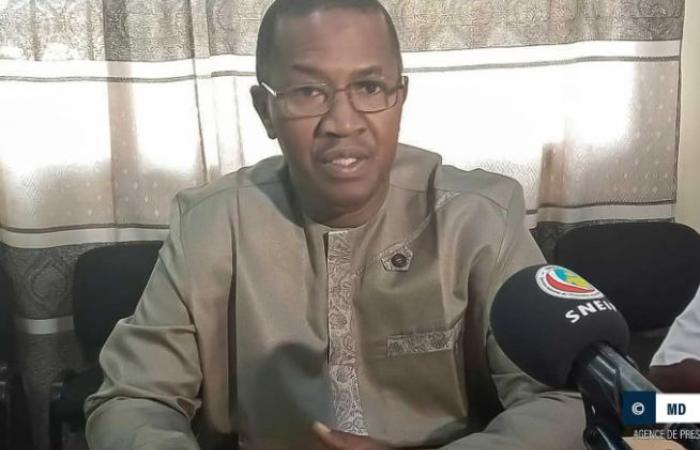Kolda, Nov 20 (APS) – The AIDS prevalence rate is 1.7% in the Kolda region (south), well above the national average which is 0.3%, we learned on Wednesday of the regional director of Health, Doctor Yaya Baldé.
“The AIDS prevalence rate is 1.7% in Kolda. A rate well above the national AIDS prevalence rate,” he declared.
The regional health director of Kolda spoke as part of a press caravan organized by the Association of Journalists in Health, Population and Development (AJSPD), in collaboration with the National Council for the Fight against AIDS (CNLS) in the regions of Kolda and Kaolack.
According to Dr Yaya Baldé, the prevalence rate of AIDS in Kolda is linked to the situation in the region, bordering the two Guineas and the Gambia.
“The cross-border fight, with the mobility of populations, businesses, means that the region is exposed to HIV,” he explained, believing that “it is a situation which does not remain without consequences”.
“Positive viral loads can become negative due to lack of treatment. We face the challenge of controlling those lost to follow-up,” noted Dr. Baldé.
He indicated that a system for monitoring patients at the cross-border level has been put in place, with the aim of continuing the treatment of patients in case they go to border countries.
Position PMTCT well to reduce HIV
Concerning support, he reported shortages of inputs. “It happens that shortages are recorded, hence the interest in ensuring the transport of samples,” he said.
Added to this is the weakness of human resources which, in his opinion, is “a reality” in the region.
He also talked about home births. “Women continue to give birth in homes, a fact which is justified by several social and cultural factors, which justifies that giving birth at home is not always voluntary,” noted the doctor.
On the basis of all these considerations, Yaya Baldé maintained that communication would allow “to look at the causes of this situation”. He considers that “without the support of the population, it will be difficult to win the battle against HIV”.
“The community component is extremely important. There must be commitments locally,” he insisted, adding that in this sense, “it is imperative for the authorities to understand the problems, to know the reality of the figures.”
“It is the efforts that we are going to carry out which are the guarantees of success”, estimates the regional director of Health of Kolda.
“The management of mother-to-child transmission (PMTCT) must be well positioned in the AIDS care system to reduce HIV,” recommended Yaya Baldé.
He also called for the strengthening of human resources, in correlation with the decentralization of products in the Kolda region. This, according to him, involves “training agents to take care of children”.
He also mentioned close monitoring to ensure that products are not lacking, while recommending good nutrition to strengthen the immunity of sick children.
“We are in a dynamic of strengthening this system, this chain,” he concluded.






